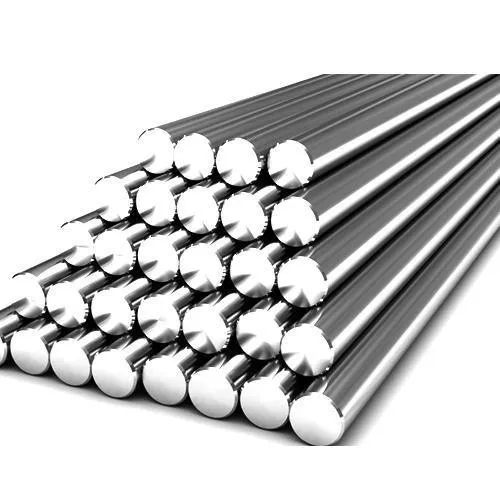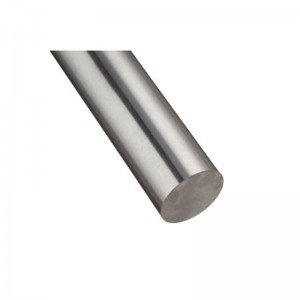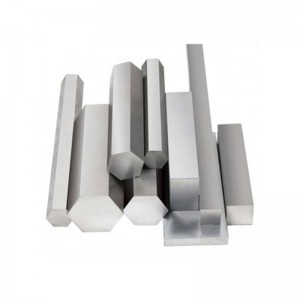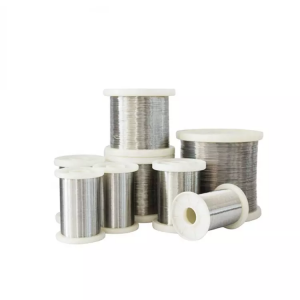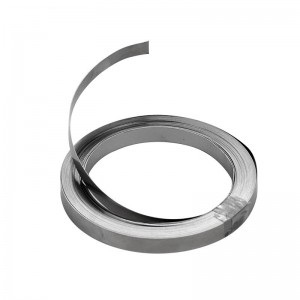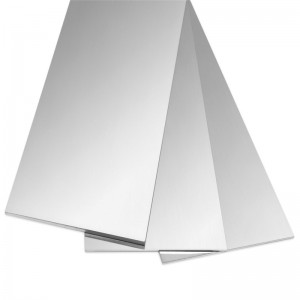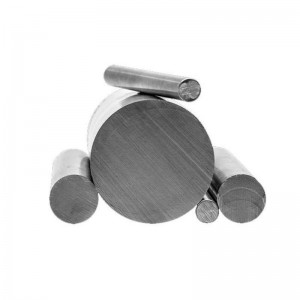Inconel 751 round bar manufacture
1.Uniform corrosion of the product can occur in acidic or hot alkaline solutions. Losses can be expected through this mechanism and are allowed in the design. When the corrosion rate of the Inconel 751 product is very slow, the metal is in a passive state, and generally the corrosion resistance is better with a larger chromium content, but other solutes can be harmful.
2.Chemical compositions near the grain boundaries of Inconel 751 products can be modified by precipitation of chromium-rich particles. The resulting chromium-depleted zone at the grain boundary makes the 4Cr13 stainless steel tube product susceptible to intergranular anode attack, even in stress-free conditions.
3.The designation of inconel 751 steel products means that 12% of the Cr content exceeds a bit. Most of the Fe-Cr-C Fe-Cr-Ni-C system based on stainless steel is based on, but is also important for other alloying elements.
4.Inconel 751 steel products can be in several crystal forms, the most common of which are the presence of body-centered cubic (bcc) and face-centered cubic (fcc). In pure iron, the fcc structure is still present at temperatures between 910 and 1400 ° C, this time interval below and above the body-centered cubic structure (up to 1539 °C melting temperature).
5.Inconel 751 The importance of metallurgical transformation of steel products at this stage cannot be overestimated. This conversion allows a wide range of microstructures to be achieved by controlling the heat treatment. Essentially related to microstructure, mechanical properties, therefore, inconel 751 products can get a very large range of strength, toughness, etc.
| Elements | Content (%) |
| Nickel, Ni | ≥ 70 |
| Chromium, Cr | 14-17 |
| Iron, Fe | 5-9 |
| Titanium, Ti | 2-2.60 |
| Manganese, Mn | ≤ 1 |
| Aluminum, Al | 0.90-1.50 |
| Niobium, Nb | 0.70-1.20 |
| Copper, Cu | ≤ 0.50 |
| Silicon, Si | ≤ 0.50 |
| Carbon, C | ≤ 0.10 |
| Sulfur, S | ≤ 0.010 |
| Properties | Metric | Imperial |
| Thermal expansion co-efficient (at 20-100°C/68-212°F) | 12.6 µm/m°C | 7 µin/in°F |
| Thermal conductivity | 12 W/mK | 83.3 BTU in/hr.ft².°F |
Inconel 751 can be machined using conventional machining methods which are usually used for iron-based alloys. Commercial coolants are used for performing machining operations. High-speed operations such as grinding, milling, or turning, are performed using water-based coolants.
Inconel 751 is formed using all conventional techniques.
Inconel 751 is welded using shielded metal-arc welding, gas-tungsten arc welding, gas metal-arc welding, and submerged-arc welding methods.
Inconel 751 is forged at 1038 to 1205°C (1900 to 2200°F).
Inconel 751 is hot worked at 983 to 1205°C (1800 to 2200°F).
Inconel 751 can be cold worked using standard tooling.
Inconel 751 can be cold worked using standard tooling.
Inconel 751 is used in exhaust valves of heavy duty diesel engines.





